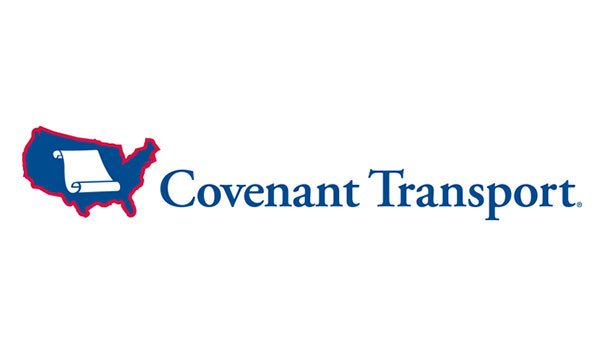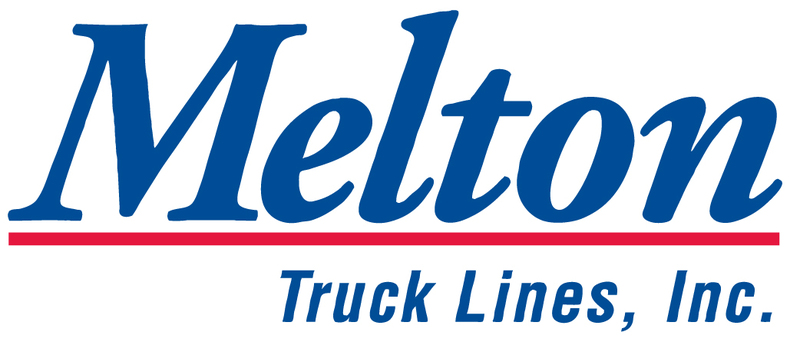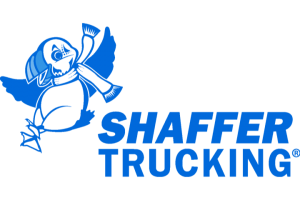Handling Harassment
Harassment in the workplace is real. There are no stereotypical givers or receivers of sexual harassment. Various legal entities estimate that over 70% of women in the workplace will be harassed in some form or another during their career. The number is astonishing.
Because women are more vulnerable to sexual harassment than their male counterparts, it is important that you have a basic understanding of what sexual harassment is, how you can identify sexual harassment and what to do if you ever experience sexual harassment.
Women drivers are a minority in the trucking industry. Although the numbers are increasing, it is important to remember that CB radios, trucker lounges and other public domains are filled with foul language and sexually explicit topics of all sorts. That cannot be changed, but you ultimately have the choice in such circumstances to conduct your business quickly and get out of the realm where a potentially harassing situation could develop. Protect yourself and your rights by socializing in less offensive environments.
However, no matter how hard you try to remain the professional that you are, there may come a time when a co–worker, supervisor or other driver uses sexual harassment to intimidate you. I have listed a few of the basic facts regarding sexual harassment, and some steps you can take to protect yourself and your rights.
What is Sexual Harassment?
The Equal Employment Opportunity Commission defines sexual harassment as "a form of sexual harassment that violates Title VII of the Civil Rights act of 1964. Unwelcome sexual advances, request for sexual favors and other verbal or physical conduct of a sexual nature constitutes sexual harassment when submission to or rejection of this conduct . . . affects an individual's employment, and unreasonably interferes with an individual's work performance or creates an intimidating, hostile or offensive work environment."
What can I do to Avoid Harassing Situations?
Prevention is the best way to avoid harassment. You are a professional truck driver and you must conduct yourself that way.
1. Remove yourself from potentially harassing situations.
2. Dress appropriately for the job and maintain a professional stature.
3. If you find the CB offensive, turn it off.
4. If the warehouse workers are making sexual innuendos toward you, leave. Go to your truck or stand outside.
5. If the drivers in the TV lounge are using foul or offensive language, remove yourself from them and find another form of entertainment.
6. Eye contact is intimidating. The typical harasser will not look you in the eye, so make eye contact with as many people as you can when talking to them.
These are just a few of the strategies you can use to ward off potentially harassing situations.
I Think I've Been Harassed, but I'm not Sure
Not every sexual word or gesture that is said to you can qualify for sexual harassment; however, only you know if you feel sexually harassed or not. Once the harasser knows that his comments and gestures are unwelcome, and he still continues, it may be wise for you to call your dispatcher or another authority and advise them of the questionable circumstances. It's always best to cover your tracks first then worry about proving it later.
In the trucking industry, proving a sexual harassment issue with a driver from another state, another company, and one whom you do not know the definite identity of, may be difficult if not impossible to prove. Your best defense in this sort of situation is to stick up for yourself, hold your head high and be the professional woman driver that you are. Follow your company's policy for sexual harassment and then make a determination based on your best judgment.
I'm Afraid no one Will Believe Me
It's not up to you whether or not someone believes you've been harassed, but it is your responsibility to report it immediately. Sometimes, determining if you've been harassed or not is best decided in a court of law. If you feel you have been harassed by an employer, co–worker or other person you can definitely identify, it is your responsibility to report him/her and follow the correct procedures.
If you are nervous about approaching a manager about your problem, show him/her your notes about the claim (yes, you should take notes to document events), give him/her the who, what, when and where of the situation, and remember that details are a must.
When you file a claim with your employer, they are under obligation to ask you certain questions and investigate the claim; then take steps to correct it. Please use the links at the end of this article to research an employer's responsibilities.
Who do I Talk To?
Your Human Resource Manager is your best contact. There are other agencies you may contact for resource information (listed at the bottom of the page), but following your company's procedures should be your first step in making a sexual harassment claim.
I've Definitely Been Sexually Harassed. Now What?
1. Tell the person harassing you to back off. Make sure he/she understands that the conduct is unwelcome and most stop immediately. When you tell him/her to stop, say it like you mean it and leave all joking gestures aside. Let him/her know you mean business.
2. If the harassment continues, file a complaint with your human resource department or direct supervisor. File whatever papers are necessary and follow through with the claim from beginning to end. Your employer's grievance procedures are to protect both you and the employer; use them to their fullest capacity.
3. Keep good notes. If you have told the harasser to stop and he/she does not, record your notes with dates, times and specific information. The EEOC may be your next contact and they will want detailed information.
4. Be persistent and don't give up. Sexual harassment can be a complicated issue in some cases. But only you and you alone know if you feel harassed. If you know that you have conducted yourself in a professional manner and only want to do your job in a peaceful environment, but a certain individual is keeping you from doing so, then it may be to your benefit to follow through with a claim.
Employers are responsible to protect their employees and give them a harassment–free atmosphere. However, in the trucking industry, certain harassment cases will indeed be difficult to prove, so deciding to pursue a sexual harassment claim is up to you. There are many agencies, governmental entities and legal professionals to help you. By clicking on a few of the links below, you just may find the answers you need!
Feminist Majority Organization (FMO)
Equal Rights Advocates (ERA)
Workplace Rights
By Dawn Rodriguez
















